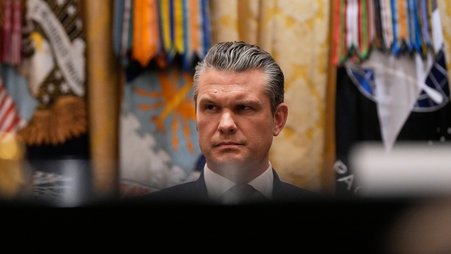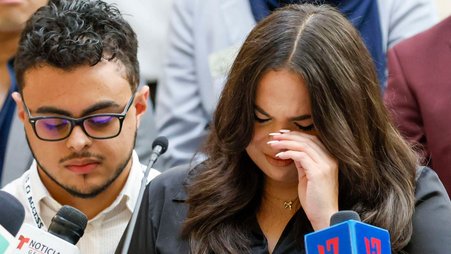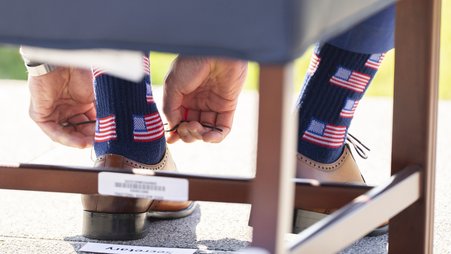Our U.S. Press Freedom Tracker documented 11 prior restraints against journalists in 2023, the most since it started tracking them in 2017. Prior restraints — or government orders not to publish information — have long been considered the “most serious” First Amendment violation.
Judges, like anyone who went to law school, should know that the Supreme Court has never approved a prior restraint against the press, even when the government alleged national security was at stake. And yet, courts keep entering them with little regard for the law, leaving journalists censored while often slow-moving appellate processes play out.
Freedom of the Press Foundation Director of Advocacy Seth Stern wrote in the Columbia Journalism Review that it may be time for news outlets to reconsider complying with these unlawful orders. Stern argues that:
"The law is useful only if judges respect it. But when the law on press freedom is not useful for them, they often don’t. And in First Amendment cases, even the most egregious violators face no consequences. It seems the only way judges are going to stop is if they learn that the press will disregard their orders, shame them on editorial pages, and dare them to imprison journalists for doing their jobs. Is that contempt of court? Maybe. But censorial judges deserve contempt."
You can read the full article here.





